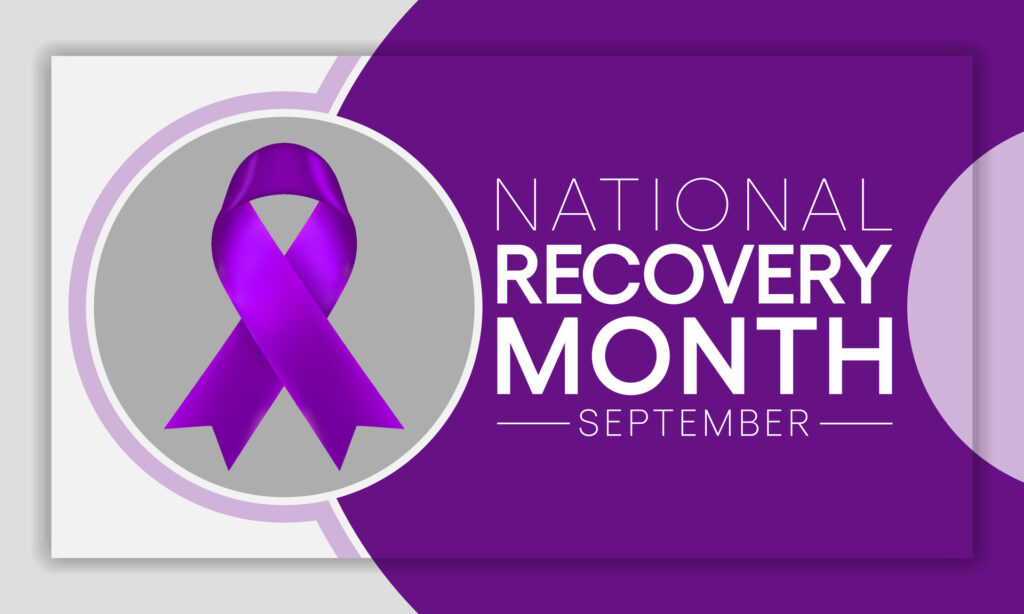Addiction impacts not only individuals but also their families and communities. Though recovery from substance use disorder has long been shrouded in stigma and secrecy, progress is being made. Since 1989, National Recovery Month has celebrated the strength of those in recovery and the importance of providing support. While recovery is challenging, it becomes achievable through the power of understanding resources and addressing social determinants of health (SDOH). Together, we can break the silence and foster more robust, healthier communities through awareness, support, and hope.

National Recovery Month | Meet Our Guest Writer
Thank you, Emily Horrell, one of our Practice Managers, for helping write our National Recovery Month blog. Emily has personally witnessed the destruction of substance use disorder & how social determinants of health play a significant role in the ability to achieve recovery. It’s important to remember addiction does not discriminate. Addiction does not only affect the patient but also leaves family members and communities plagued by aftershocks.
National Recovery Month | Understanding Recovery
Recovery from addiction and substance use once lived in the shadows, under the cover of anonymity. Because addiction stigma is so pervasive, some people still keep a shroud of secrecy around their recovery.
In 1989, the National Substance Abuse and Mental Health Services Administration (SAMSHA) launched the first National Recovery Month to celebrate those who have overcome substance use disorder. Throughout the years, Nation Recovery Month has played a pivotal role in breaking down the stigma associated with mental health and addiction. The hope is to foster understanding and promote the availability of resources and support.
The Challenges to Achieving Recovery
The achievement of sobriety is not simple. Individuals can experience strained relationships, a lack of social support, and the inability to meet daily environmental needs. An SDOH referral (Social Determinants of Health) can change the outcome for many. Social determinants of health are the conditions in the environment where people are born, live, learn, and work that affect a wide range of health and quality outcomes.

Re-entering the Community
Re-entry to the community can be a difficult transition after the completion of inpatient treatment. Meeting daily environmental needs such as housing, meals, a hot shower, and a toothbrush sets the precedence for a positive step toward recovery. Additionally, patients may need the support of legal services and the ability to obtain education certificates. These factors can determine the possibility of gaining employment and becoming self-sufficient. These needs prove the importance of social determinants of health referral & their contribution to an individual’s success. With support and ongoing treatment for substance use disorders and mental health treatment, recovery IS possible. The more awareness we can generate around addiction recovery, the easier it becomes to remove the shroud of secrecy and stigma around addiction and unsafe drug use. Words can make a difference, and resources can restore hope. Words and hope create more celebrations.
If you or someone you know may be struggling with addiction, please visit https://www.samhsa.gov/find-help/national-helpline\
Keep In Touch!
Stay tuned for our future events & initiatives by visiting our Facebook page and website or by calling 1.866.276.7018
